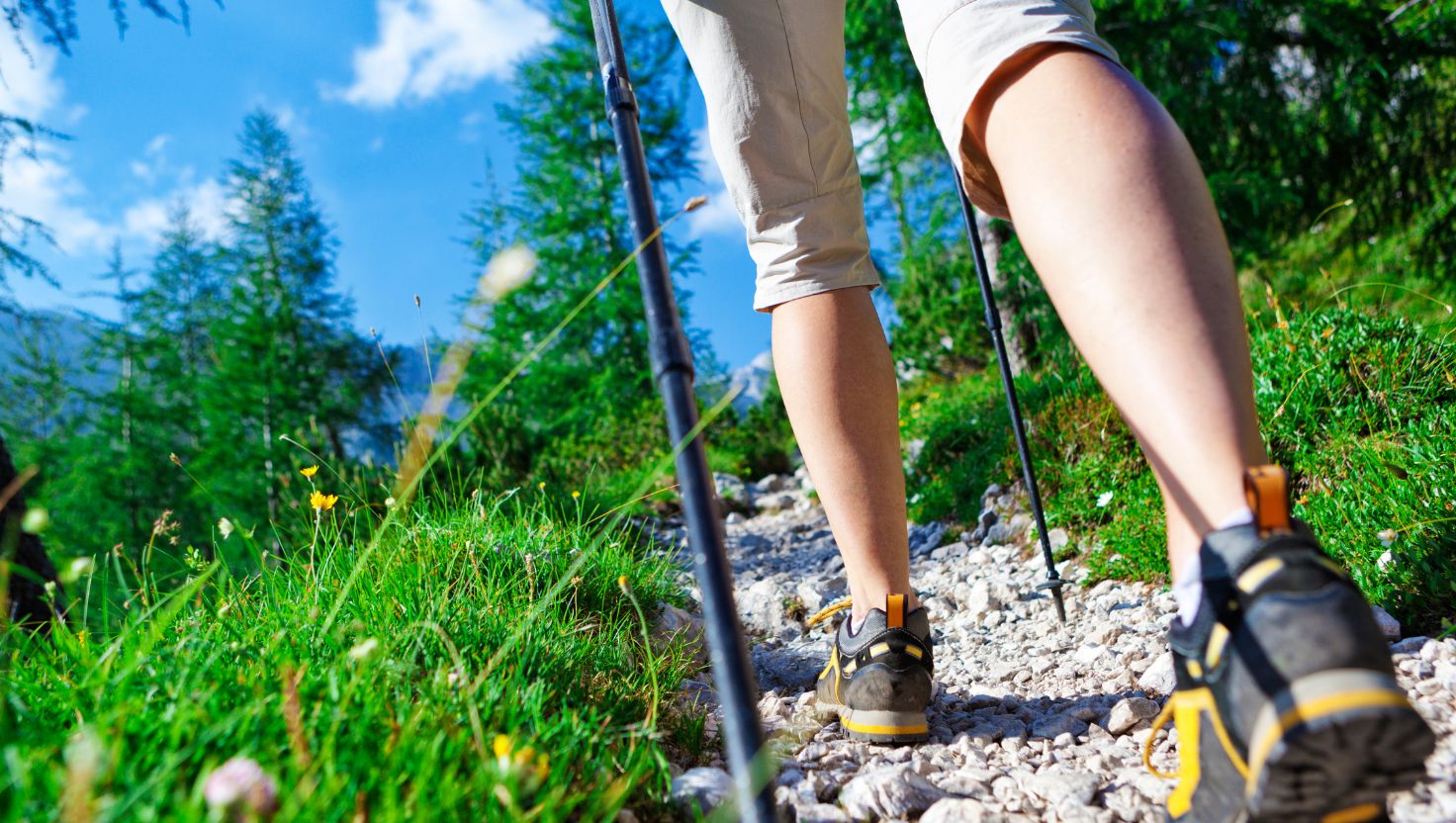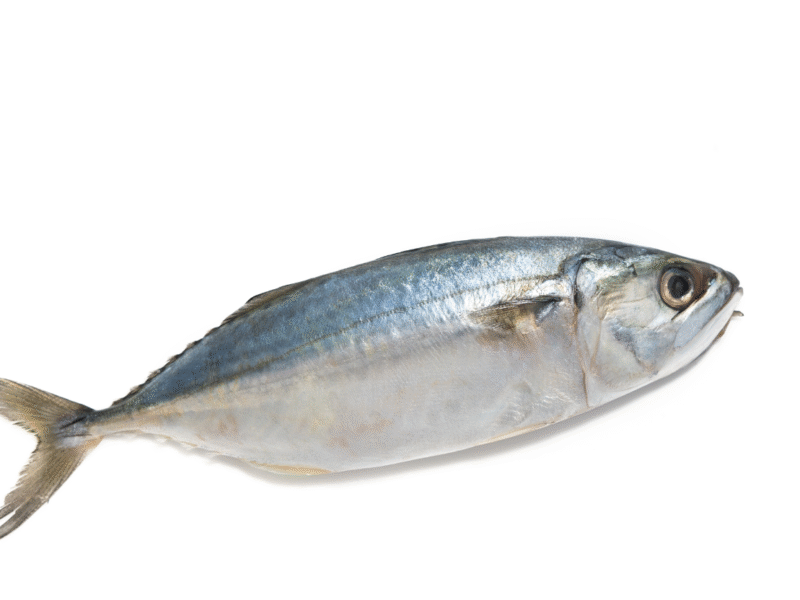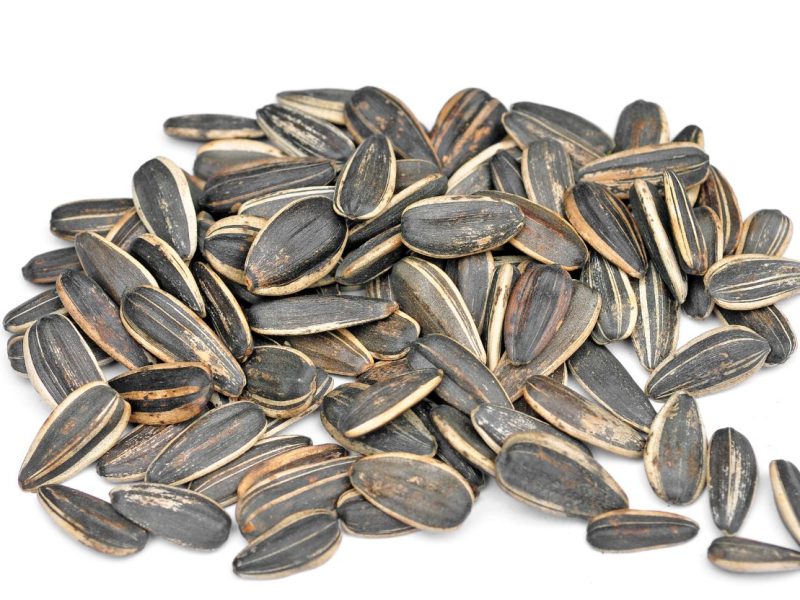As a physician who has spent decades studying the impact of lifestyle on well-being, I’m constantly impressed by the transformative power of trekking. Also known as long-distance hiking, trekking combines outdoor exercise, nature therapy, and cardiovascular conditioning into a single, exhilarating package. In this post, I’ll share why trekking deserves a spot in your fitness routine, detailing the top health benefits of trekking and practical tips to help you hit the trail safely.
1. Cardiovascular Health & Endurance
One of the most significant benefits of hiking and trekking is its impact on your heart. Climbing varied terrain elevates your heart rate, improving cardiovascular health, boosting circulation, and enhancing your body’s ability to deliver oxygen to working muscles. Over time, regular trekking can lower resting heart rate, reduce blood pressure, and improve overall cardiorespiratory fitness—all crucial for long-term heart disease prevention.
2. Strengthened Muscles & Bone Density
Unlike flat-surface workouts, trekking engages a wide array of muscle groups: calves, quadriceps, hamstrings, glutes, and even your core and upper body when using trekking poles. This full-body strength training not only builds lean muscle mass but also helps maintain and increase bone density, reducing the risk of osteoporosis. The uneven, weight-bearing nature of trails stimulates bones to remodel and strengthen, offering powerful musculoskeletal health benefits.
3. Weight Management & Metabolism Boost
If you’re looking for an effective calorie-burning workout, trekking ranks high on the list. Depending on trail difficulty and backpack weight, you can burn between 400–700 calories per hour—far more than many gym-based cardio machines. This sustained energy expenditure supports weight management, helps regulate blood sugar, and boosts your metabolic rate long after you’ve returned home.
4. Mental Health & Stress Relief
As a proponent of holistic wellness, I emphasize that mental health is as vital as physical fitness. Trekking in natural settings provides potent stress relief by lowering cortisol levels and stimulating endorphin release. Studies have shown that nature therapy—also called ecotherapy—can reduce symptoms of anxiety and depression, sharpen mental clarity, and enhance mood. The combination of rhythmic movement, fresh air, and scenic vistas offers a powerful antidote to daily stressors.
5. Improved Balance & Coordination
Navigating rocky paths, river crossings, and steep ascents requires balance, agility, and proprioception (your body’s awareness of position in space). Over time, trekking refines these skills, reducing fall risk and improving functional fitness for everyday activities. For older adults, this enhanced coordination is especially valuable in maintaining independence and preventing injuries.
6. Social Connection & Well-Being
While solo treks can be deeply meditative, group hikes foster social well-being and build community. Sharing the trail with friends or joining a trekking club provides accountability, motivation, and emotional support. Social connection itself is linked to lower rates of chronic disease and enhanced overall well-being.
Getting Started: Tips for Safe Trekking
- Choose the Right Trail: Match difficulty to your fitness level and start with shorter, well-marked routes.
- Invest in Proper Gear: Comfortable, supportive hiking boots and moisture-wicking layers help prevent blisters and regulate body temperature.
- Pack Essentials: Water, nutritious snacks, a first-aid kit, and navigation tools (map, compass, or GPS) are non-negotiable.
- Build Gradually: Increase distance and elevation gain over time to prevent overuse injuries.
- Listen to Your Body: Rest when needed, practice stretching, and stay hydrated throughout your hike.
Conclusion: Embrace Trekking for Lifelong Health
Trekking stands out as a multifaceted, low-impact outdoor exercise with far-reaching benefits—from cardiovascular health and muscle strengthening to stress reduction and improved mental well-being. As your doctor, I encourage you to lace up your boots, breathe in the fresh air, and embark on this journey toward a stronger heart, a sharper mind, and a more energized you. Happy trails!



